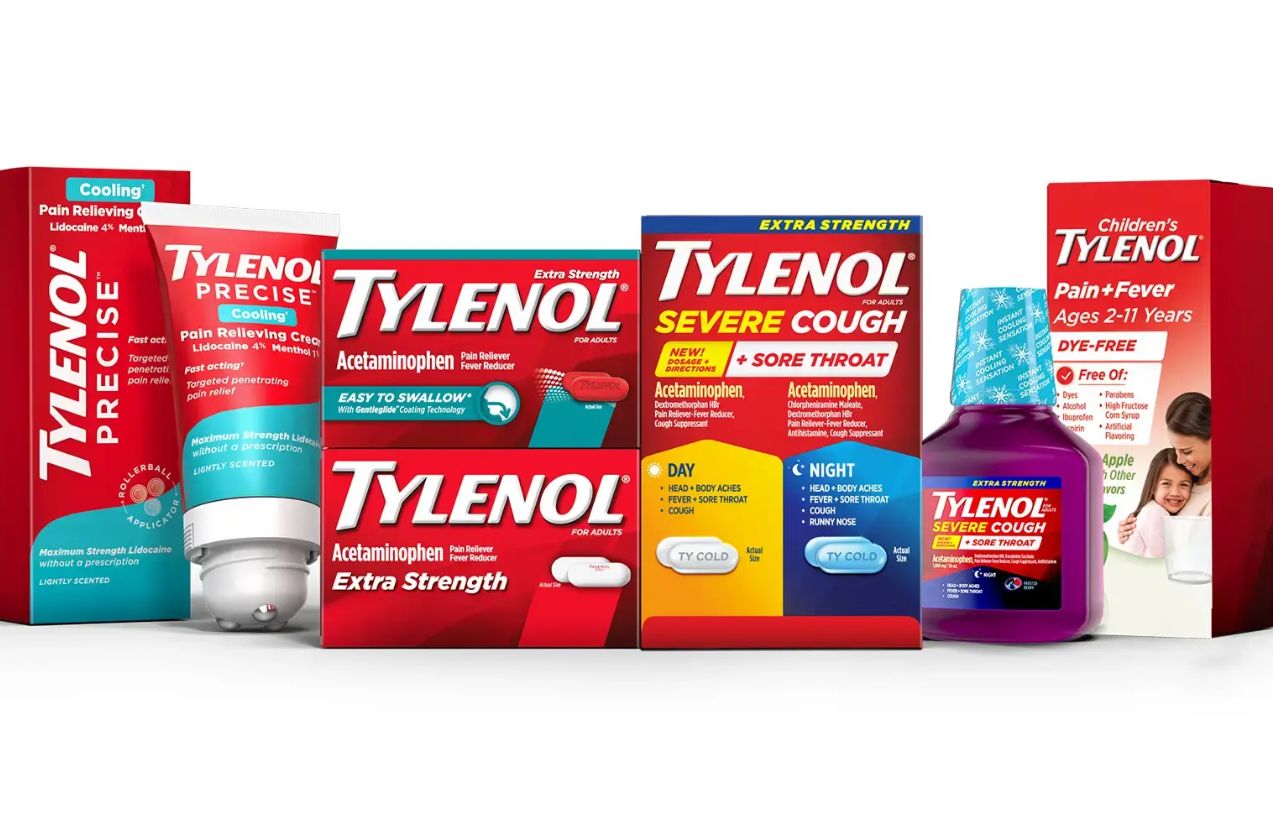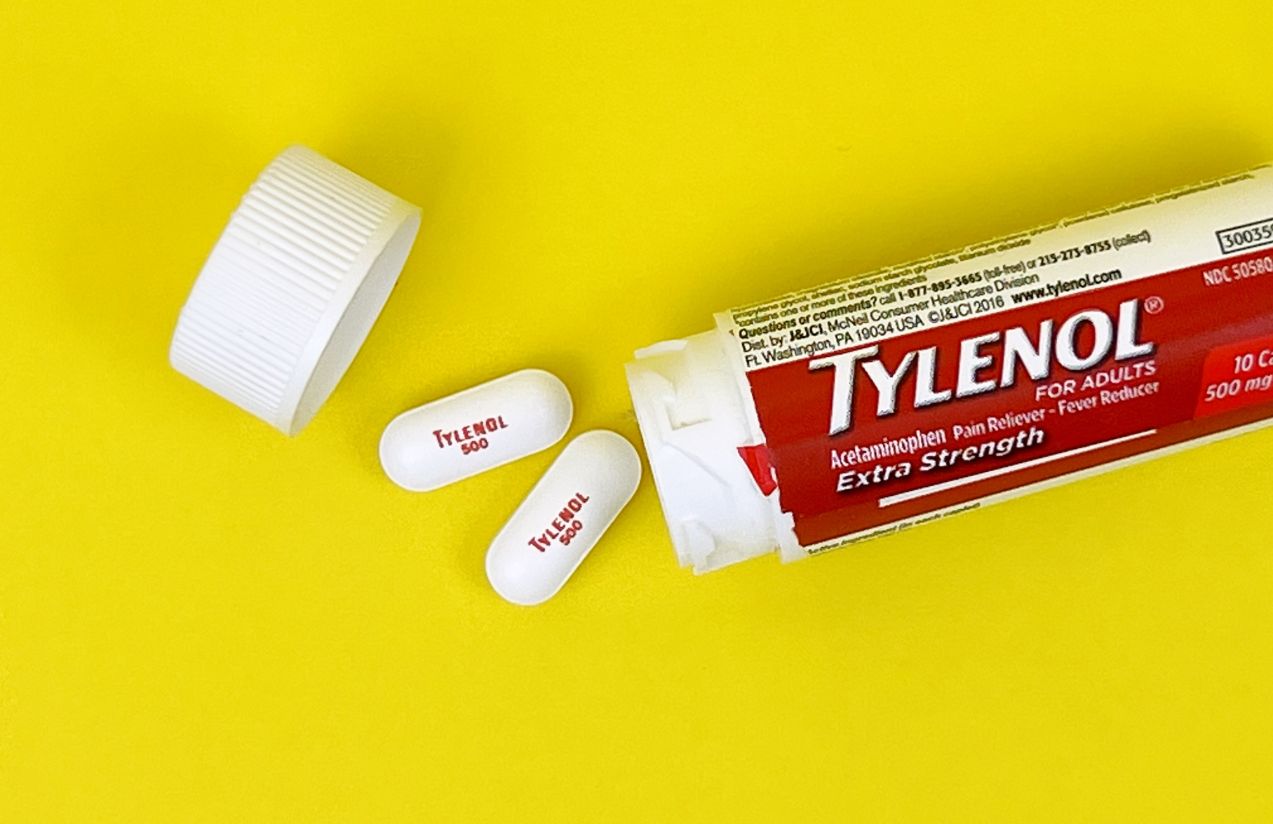Recently, the state of Texas in the United States filed a major lawsuit against the manufacturer of Tylenol, alleging that the company concealed information about possible links between the use of the medication and an increased risk of autism spectrum disorders. The lawsuit claims that key data was deliberately withheld, putting the health of tens of thousands of children nationwide at risk.
While some studies have suggested a potential association between acetaminophen and conditions such as autism or ADHD, the evidence has not been conclusive nor broadly accepted by the scientific community. Texas’s legal action brings to light a broader debate about corporate responsibility, transparency, and safety standards for widely used medications.
Read More

The case has drawn national and international attention for its potential legal and public health implications: if Texas manages to prove negligence, it could set a precedent for other pharmaceutical companies to face similar trials.
Could this lawsuit change the way we regulate common over-the-counter medications?
Absolutely. If the court rules in favor of Texas, it could lead to new requirements for publishing clinical data, stricter regulatory standards, and stronger public oversight regarding hidden risks in everyday products. This would go far beyond a legal dispute, it could redefine the trust between consumers, the pharmaceutical industry, and public agencies.





















